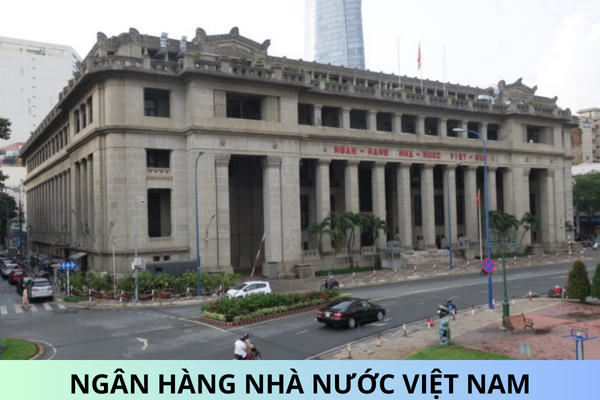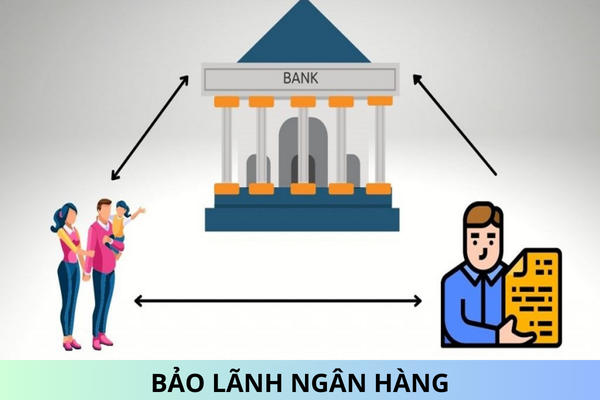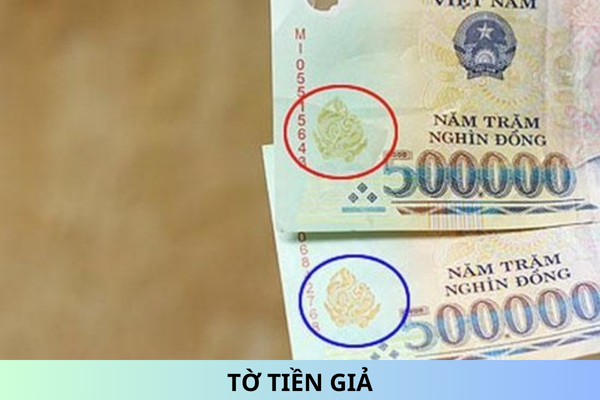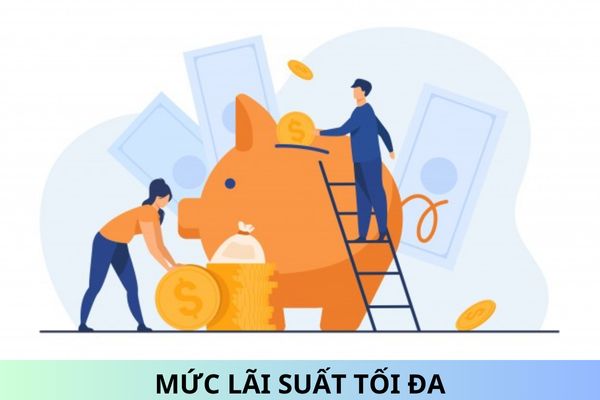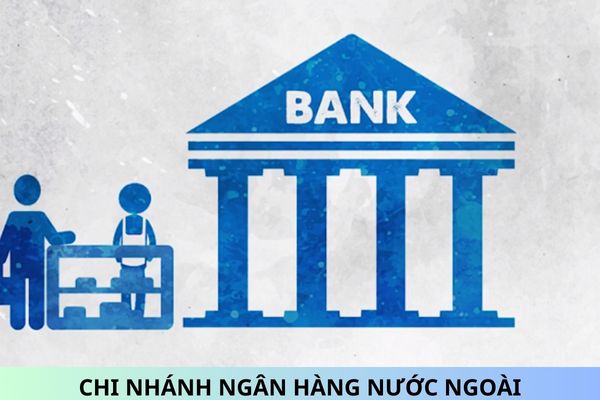Will there be a fine for exchanging money during the Lunar New Year holiday in Vietnam?
Will there be a fine for exchanging money during the Lunar New Year holiday in Vietnam? What are standards for money not eligible for circulation in Vietnam? - Ms. Anh (Lam Dong)
Will there be a fine for exchanging money during the Lunar New Year holiday in Vietnam?
Pursuant to Clause 5 Article 30 of the Decree 88/2019/ND-CP stipulating violations against regulations on cash and vault management as follows:
Violations against regulations on cash and vault management
...5. A fine ranging from VND 20.000.000 to VND 40.000.000 shall be imposed for committing one of the following violations:
a) performing cash exchange transactions against law;
b) failing to manage cash, precious assets and financial instruments during lunch break as prescribed by law;
c) using and managing keys of the vault lock, its inner compartments, safe or cash boxes used in specialized vehicles against law regulations;
d) failing to adopt written procedures for transport and protection of assets as well as safety measures of competent authorities when transporting cash, precious assets and financial instruments without using specialized vehicles;
dd) failing to document conditions and procedures for receipt and return of assets to customers, responsibility of relevant departments to ensure asset safety while rendering asset custody services, leasing safe deposit boxes and other cash-related services.
...
Pursuant to Clause 3 Article 3 of the Decree 88/2019/ND-CP stipulating penalties, fines, power to impose penalties and remedial measures as follows:
In principle, exchanging money during the Lunar New Year holiday will not be fined. However, engaging in the act of exchanging money during the Lunar New Year holiday with the intention of taking advantage of the price difference may be subject to administrative fines. The fines are as follows:Penalties, fines, power to impose penalties and remedial measures
...
3. Fines and power to impose fines:
a) The maximum fine for an administrative violation in the monetary and banking sector imposed on an organization is VND 2.000.000.000 and that imposed on an individual is VND 1.000.000.000;
b) The fine for every administrative violation prescribed in Chapter II hereof is imposed on an individual. The fine imposed on an organization is twice as much as the one imposed on an individual for the same administrative violation;
...
As regulations above, subjects engaging in illegal exchange of money during the Lunar New Year holiday shall return illegal benefits obtained from the violations.
Will there be a fine for exchanging money during the Lunar New Year holiday in Vietnam? - Image from Internet
According to the law in Vietnam, what is the Vietnamese currency?
Pursuant to Article 55 of the Constitution of the Socialist Republic of Vietnam in 2013 stipulating as follows:
1. The state budget, national reserve, state financial funds and other public financial resources must be uniformly managed by the State and shall be used in an efficient, fair, public, transparent and lawful manner.
2. The state budget consists of the central budget and local budgets, in which the central budget plays the leading role and ensures national spending needs. State budget revenues and expenditures must be estimated and must be prescribed by a law.
3. The national monetary unit is the Vietnam dong. The State shall ensure the stabilization of the national currency value.
Pursuant to Article 16 of the Law on the State Bank of Vietnam in 2010 stipulating currency unit as follows:
Currency unit
The currency unit of the Socialist Republic of Vietnam is "dong". with its national symbol being "d" and international symbol being "VND": one "dong" is equal to ten "hao" and one "hao" is equal to ten "xu".
As regulations above, the currency unit of the Socialist Republic of Vietnam is "dong". with its national symbol being "d" and international symbol being "VND".
Currently, the Vietnamese currency includes various denominations, ranging from low to high values. Specifically, they are 200 dong, 500 dong, 1,000 dong, 2,000 dong, 5,000 dong, 10,000 dong, 20,000 dong, 50,000 dong, 100,000 dong, 200,000 dong, and 500,000 dong.
What are standards for money not eligible for circulation in Vietnam?
Pursuant to Article 4 of the Circular 25/2013/TT-NHNN stipulating standards for money not eligible for circulation as follows:
1. Money that is torn into pieces, damaged due to the circulation process (group of objective reasons):
- Paper money, of which color is changed, of which designs, letters, digits are faded, which is wrinkled up, smeared, dirty, old; torn into pieces or patched up in full form;
- Coins, of which the picture, designs, letters, digits and the plated layer are worn out, rusted, damaged partially or wholly.
2. Money that is torn into pieces, damaged due to the preservation process (group of subjective reasons)
- Paper money which is holed, partially torn; patched up; fired or deformed due to contact with high heat source; of which printing paper, color, security specifications are changed due to the chemical impact (for example detergent, acid, corrosive, etc); which contains the writing, is drawn, erased; which is decayed or deformed due to other reasons, but not due to acts of deterioration.
- Coins, which are curved, deformed, or of which design, picture is changed due to the impact of external force or high temperature; which are rusty due to contact with metal corrosive chemicals.
3. Money which contains technical error caused during the printing, coining process of the manufacturer, for example printing paper is rumpled causing the loss of picture or printing color, which is splattered with printing ink and contains other mistakes during the printing, coining process.
Best regards!
